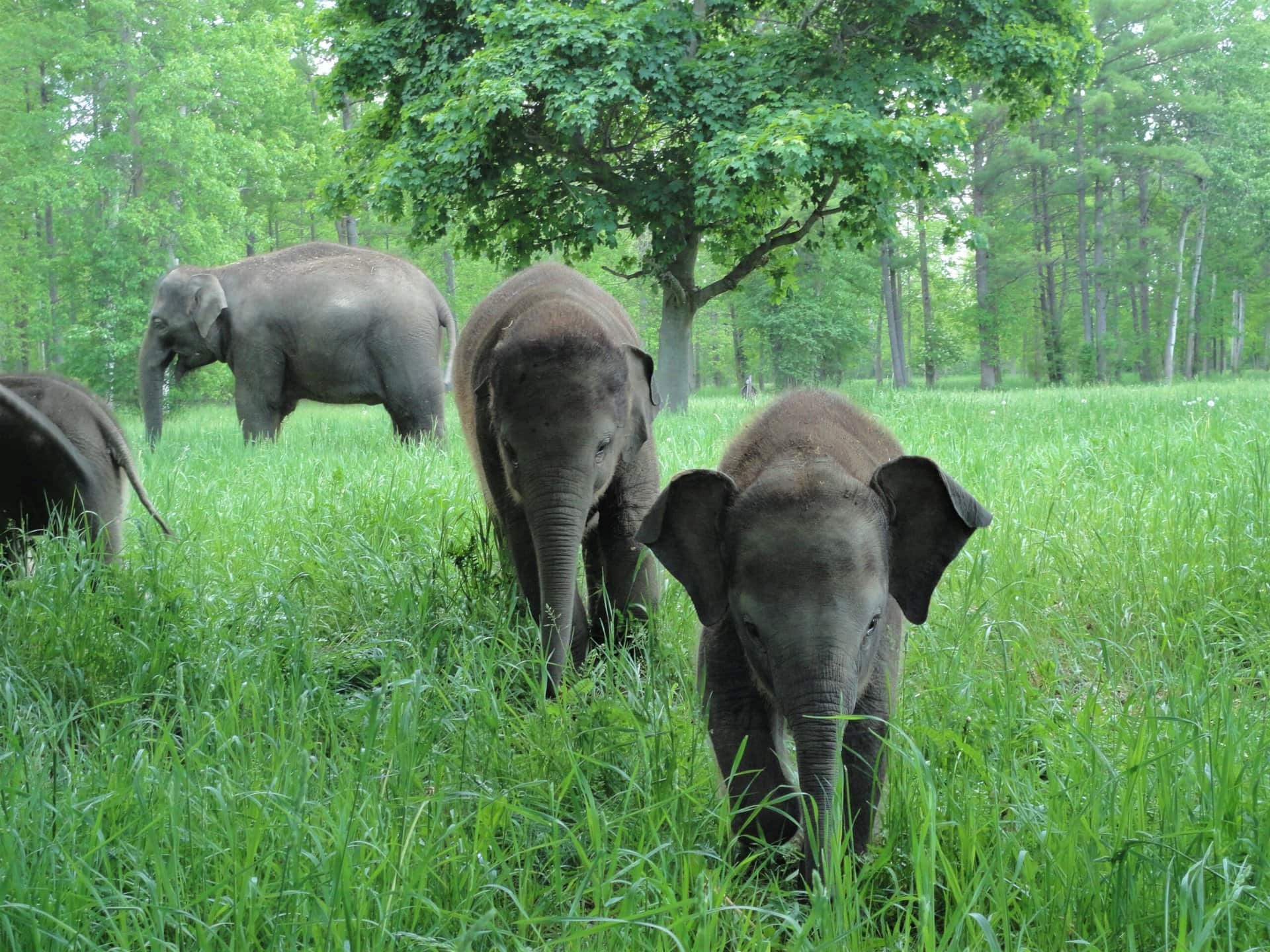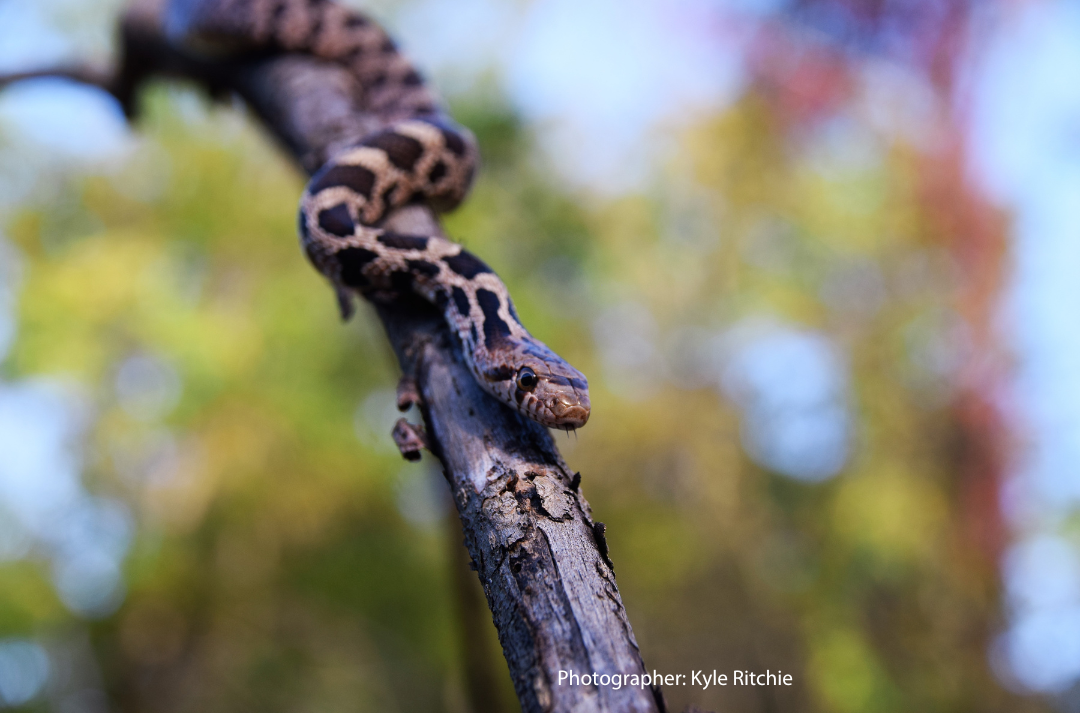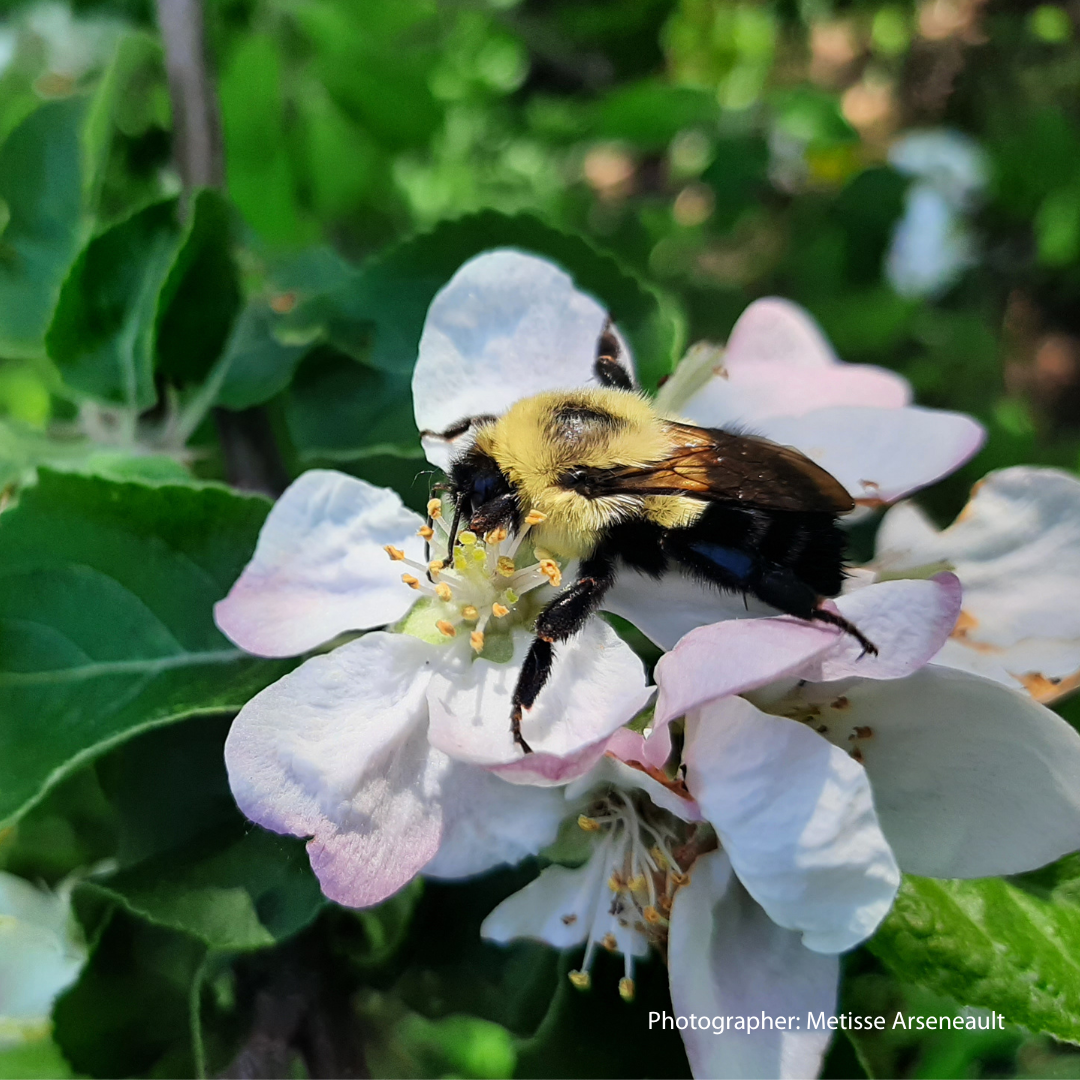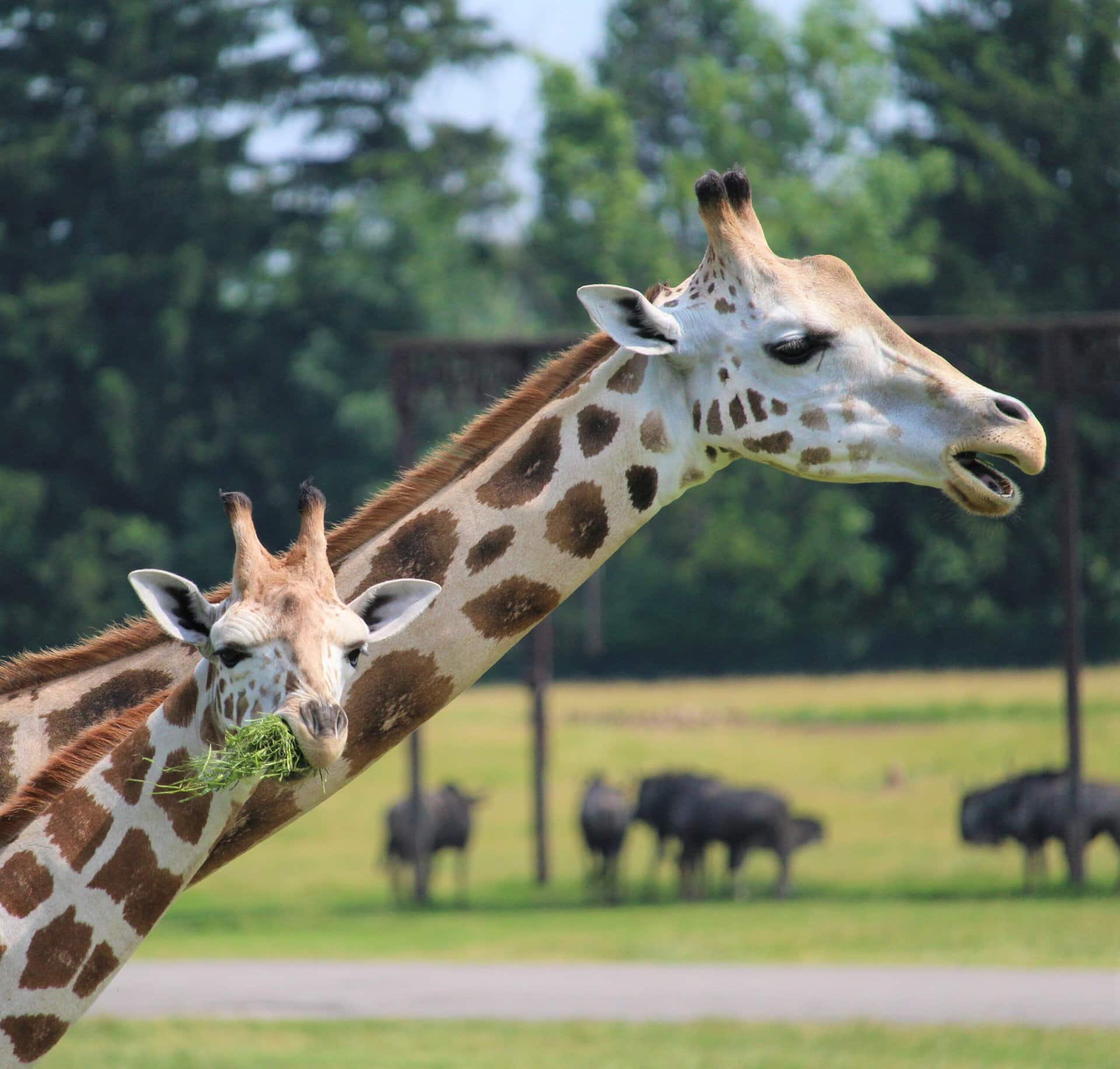Research
Biobanking
Overview
A biobank is a ‘library’ or repository in which biological samples are stored for use in research and conservation. To date, samples in biobanks have helped us gain novel insights into the genetic component of disease, ultimately leading to a more personalized approach to health care. Biobanks can also include samples that can be used in artificial insemination and to assist in preserving genetic diversity in ex situ populations. They are a valuable resource for animal conservation by assisting in the sustainability of small populations and in some cases providing a barrier from a species’ extinction.
Our Research
African Lion Safari processes and preserves DNA, tissue, and cell samples from multiple species. We utilize multiple methods of preserving samples, including -20-degree Celsius freezers and liquid nitrogen tanks (cryopreservation). It has become an essential and important resource in our conservation programmes and research projects.



